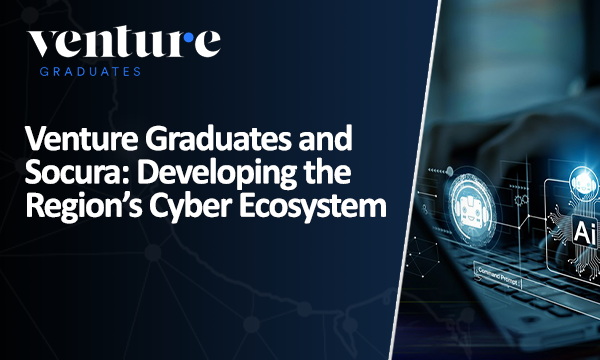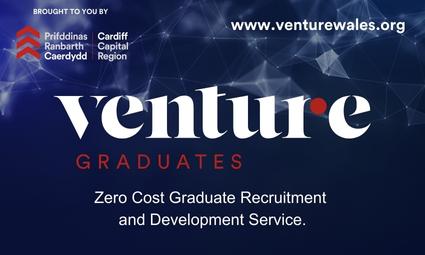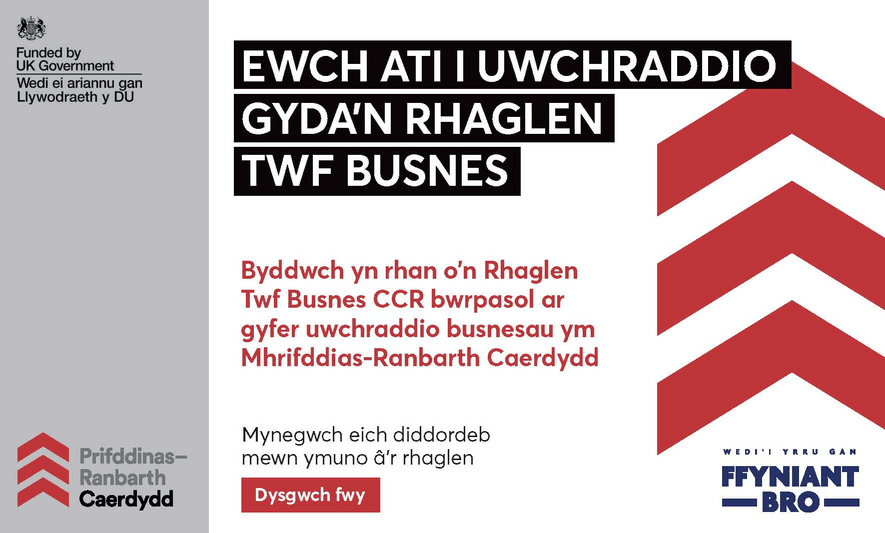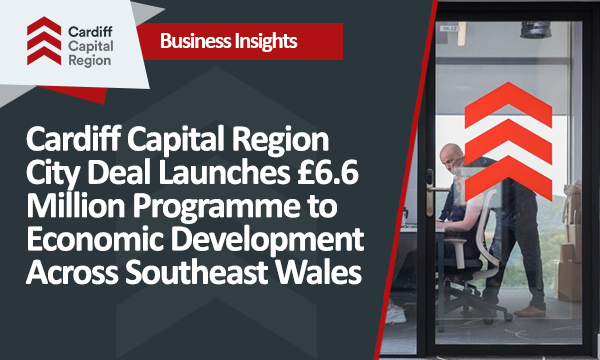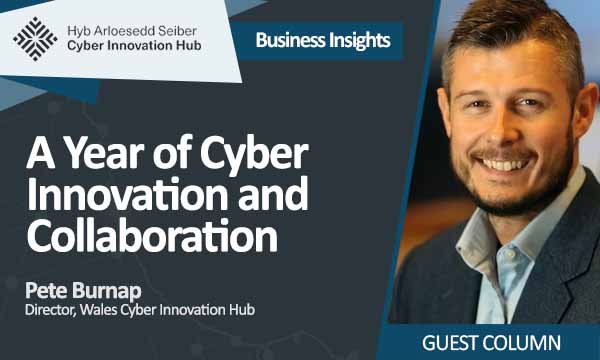In April, it was announced that humankind is resuming lunar exploration – with four astronauts now trained and ready to shoot for the moon – reminding us that the ‘Space Industry’ is very much alive and in good health.
It may be 50 years since Apollo 17 last landed a human on the celestial rock 239,000 miles away, but over that past half century, ‘Space’ has become a permanent home for laboratories carrying out cutting-edge experiments, as well as the place for satellites that power communications across the globe – and a domain for observatories such as the Hubble telescope which are helping us understand how we all got here from the stardust created 13.8 billion years ago in Big Bang.
Given all the economic and social challenges we face right now, it’s tempting to let the talk about space tourism and colonising other planets drift into the ether. But the space industry is already making a very real contribution to the economy of South East Wales, and Wales in general – reflecting the pillars that underpin CCR’s recently launched Regional Economic & Industrial Plan, geared towards making our region more competitive, more connected and more resilient.
So who are the CCR-based enterprises helping Wales become a serious space nation?
And how are they helping us shape a sustainable future through their vision and innovation?
A world-first Compound Semiconductor Cluster powering the journey into space
Compound Semiconductors play a vital role in various technologies – not least in space applications, where they provide the power drive, storage capacity and communication capabilities so essential for spacecraft operation.
And the world-first Compound Semiconductor Cluster centred around Newport, remains way ahead in helping the space industry move forward.
The cluster was created through the CS Connected initiative that brought together 12 partners from key areas, along with several government organisations – with CCR playing an important role as a catalyst, investing £37.9M in the Cardiff-based IQE enterprise that brings critical expertise and market leadership to the table of a cluster that is a key CCR priority sector.
Space Forge – ushering in a New Earth Age
Cardiff-based Space Forge is looking to lead the clean industrial revolution by harnessing the potential of space – developing fully reusable satellites that can manufacture next generation super materials in orbit, for return to Earth.
Founded in 2018 and an alumni of the CSA Catapult, Space Forge’s 7,500 square feet satellite manufacturing facility in Rumney, Cardiff employs 40 full-time colleagues and has already secured a €2 million contract from the European Space Agency for a commercial space transportation service as part of ESA's Boost! program.
ForgeStar satellites, the range envisioned by Space Forge, are like mini-factories capable of completing their manufacturing processes beyond the restrictive atmosphere of Earth – creating specialist, flawless tools and equipment, in units that are salvageable and can be reused a number of times.
The first model, ForgeStar-0, made it into the Virgin Orbit’s inaugural UK launch in January 2023, but unfortunately didn’t reach its final destination. Work has already begun on ForgeStar-1 and the team plan to be ready for the next UK launch – on their mission to make a quantum leap in the manufacture of materials for sectors that include alloys, electronics and pharmaceuticals.
SmallSpark Space Systems – the public transport service for satellites
SmallSpark is on the brink of becoming the first company to design, manufacture and send a satellite launch vehicle into cislunar orbit (the region of space between Earth and the Moon) from within the UK.
The Cardiff-based tech firm’s S4-SLV space tug is due to take off in 2024 and will effectively act as public transport for satellites – enabling businesses to get their own satellites into orbit quickly, on regularly scheduled launches.
Sustainability (one of CCR’s key strategic goals) is a core part of the SmallSpark vision – with their tugs making up to 50 individual journeys, deploying small payloads, before being retired and potentially bringing back unused units from space.
SmallSpark will begin by utilising 3rd-party launch systems while they continue to work on developing their own launch capabilities, which include their NEWT-A2 engines, which will be the simplest biprop engines ever used in orbit.
Playing our part in making Wales a serious space nation – and CCR a competitive, connected, resilient Region …
One of the major aims for the Welsh government and Aerospace Wales has been to establish a comprehensive space network that enables Wales to secure a multi-billion-pound share of the UK’s growing space market.
The trailblazing CCR ‘space’ enterprises mentioned above are part of a bigger picture that includes the Snowdonia Spaceport which is bringing together elements of space tourism, testing and launches, the MOD Pendine and Radnor Ranges that are engaged in testing the outputs of space research – and the wide-ranging ‘space race’ work being done by Airbus in Broughton, Ascent Aerospace in Deeside, TWI in Port Talbot and United Aerospace in Pembroke Dock.
The huge strides into space being made by enterprises in the Cardiff Capital Region also reflect and reinforce our just-published Regional Economic & Industrial Plan.
The Plan (which you can download here) is a guiding light in how we are making South East Wales more competitive, more connected and more resilient, through investments, interventions and innovations that are nurturing ‘good growth’ – based on sustainable missions generating the GVA that’s so essential for inclusive prosperity.
We’ll be scoping how that plan will help shape a better South East Wales in our next feature – and in the meantime, to find out more about the vision, mission and work of CCR, go to www.cardiffcapitalregion.wales





